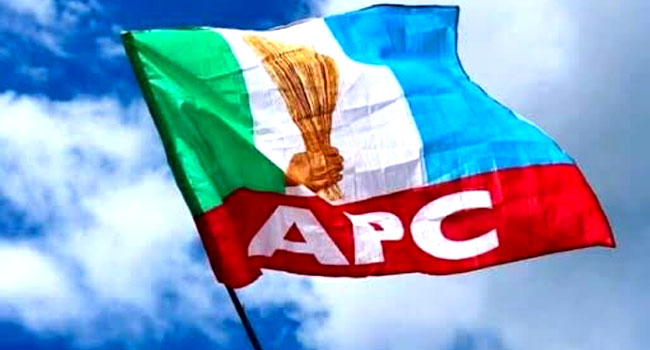The North Central Forum of the All Progressives Congress (APC) has emphatically declared its refusal to enter into any political alliance with the North-East and North-West regions of Nigeria in preparation for the 2027 general elections. This stance arises from a sense of historical grievance and perceived marginalization during the eight-year tenure of former President Muhammadu Buhari, also a member of the APC. The forum’s chairman, Saleh Zazzaga, articulated this position in a statement released in response to calls for a broad opposition coalition by former Kaduna State Governor, Nasir El-Rufai.
The North Central Forum’s discontent stems from the belief that despite playing a pivotal role in the formation of the APC and the subsequent victory of President Buhari in 2015, the region was largely sidelined in the distribution of political appointments and infrastructural development during his administration. They point to the fact that Tanko Al-Makura, the then-governor of Nasarawa State, was the only sitting governor from the North Central who actively participated in the APC’s formation. Yet, the region’s expectations for key positions, such as the Speakership of the House of Representatives, were unmet, with the position going to a representative from Lagos State.
The forum’s statement further highlights the perceived neglect of the North Central region in terms of infrastructure development and security concerns. They argue that while the North-East and North-West regions benefited from federal appointments and infrastructural projects, the North Central was left underdeveloped and grappling with escalating security challenges. This perceived inequitable distribution of resources and opportunities has fueled resentment within the region and a determination to chart a different political course going forward.
The forum’s statement directly addresses the calls for an opposition coalition spearheaded by figures like former Vice President Atiku Abubakar and Nasir El-Rufai, dismissing their efforts as self-serving rather than driven by genuine concern for the welfare of the North-East and North-West. They suggest that the frustrations voiced by these political figures stem primarily from their exclusion from the current administration of President Bola Tinubu. The forum expresses confidence in President Tinubu’s ability to secure re-election in 2027, regardless of any opposition alliances, citing anticipated positive performance and public approval.
The North Central Forum’s declaration underscores a growing sense of regional identity and political autonomy within Nigeria’s political landscape. Their experience during the Buhari administration has led them to prioritize their own interests and pursue a more independent political strategy. This decision could have significant ramifications for the dynamics of the 2027 elections, potentially reshaping political alliances and influencing the balance of power between the various regions.
The forum’s stance signifies not only a rejection of past political alliances but also a proactive assertion of the North Central region’s political relevance. They are signaling their intent to be treated as a significant player on the national stage, demanding recognition of their contributions and a fair share of resources and opportunities. This move could potentially reshape the political landscape in the lead-up to the 2027 elections, forcing other regions and political parties to reassess their strategies and acknowledge the growing influence of the North Central.


